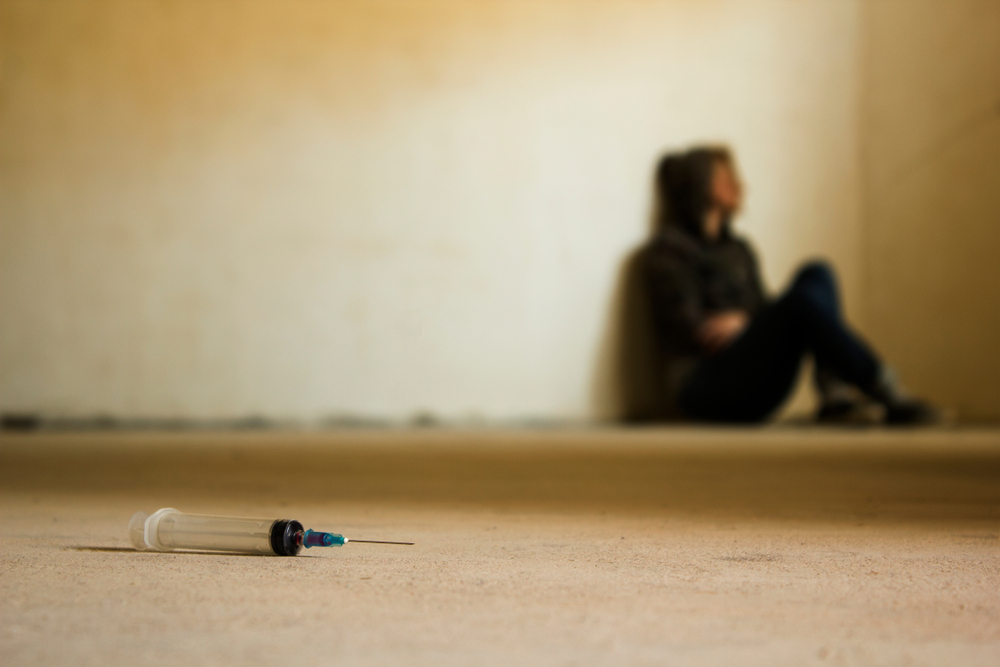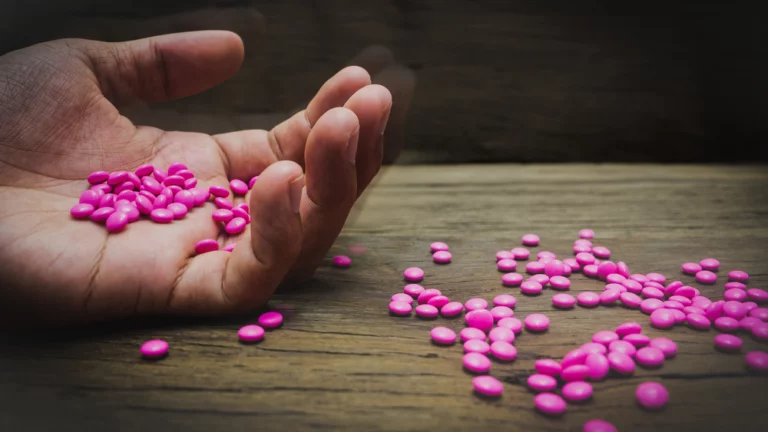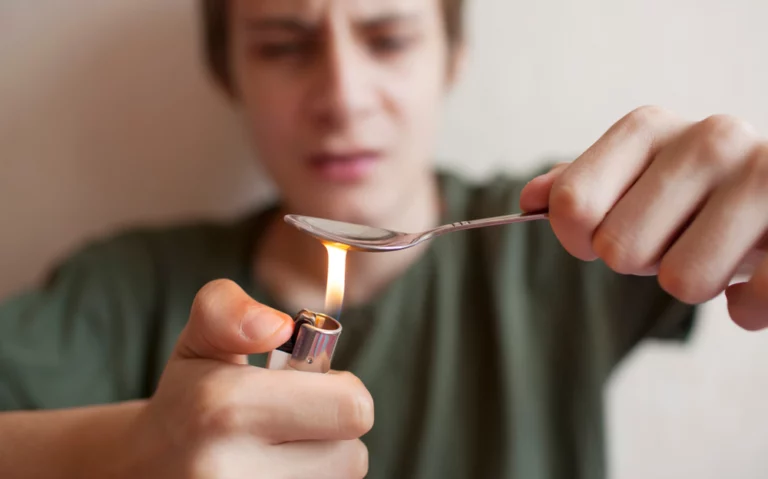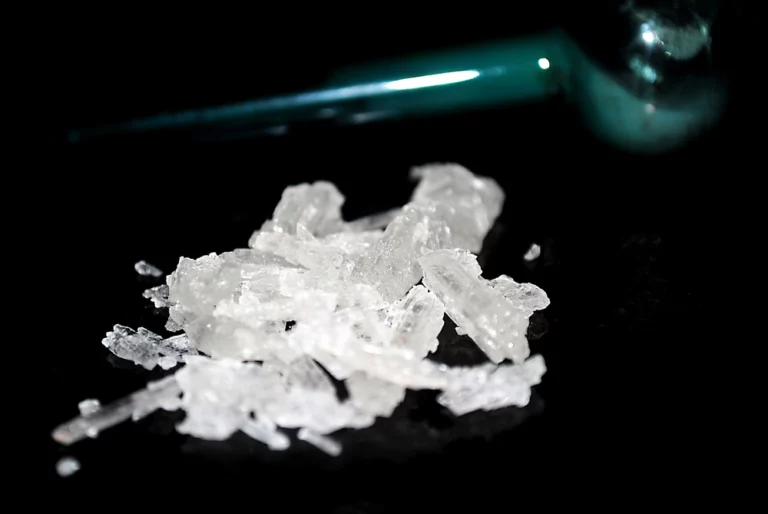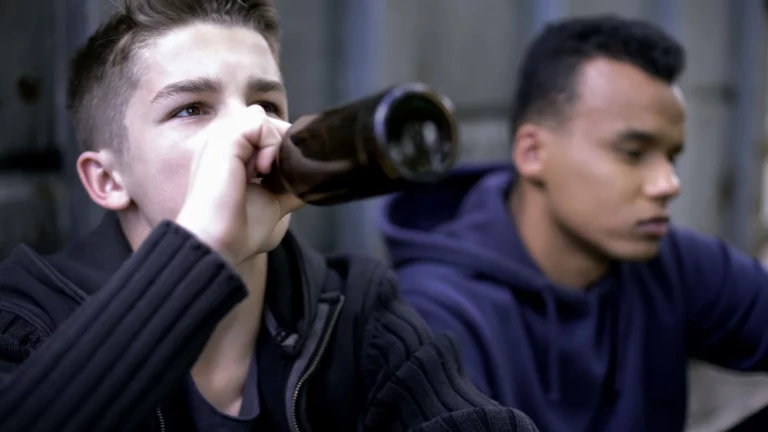7 Reasons Why Teens Are More At Risk For Addiction Than Adults
It’s well known that drug abuse at an early age increases the chance of developing a substance use disorder. The mind can be suspectable to almost every piece of information and enticing behavior, and teens and young adults are the most vulnerable. However, some parents might take a one-sided, zero-tolerance ruling when it comes to teaching their teens about drugs or addiction.
As an addiction center, we wrote this article because it’s important for parents and family members to know exactly why teens are more at risk for addiction than adults and what you can do to help.
How Common Is Teen Drug Use?
Sadly, the most recent studies indicate that teen drug use is widespread in the United States. Approximately 2.08 million teenagers aged 12 to 17 used illegal drugs, and about 2.3 million used alcohol in 2022. As a result, nearly 800,000 teenagers developed an illicit drug use disorder, and over 400,000 developed an alcohol use disorder. However, it’s estimated that only 68,000 adolescents received addiction treatment, leaving 1.1 million teens on their own.
This also does not include the estimated 1.9 to 2.4 million minors in the juvenile system struggling with substance abuse and addiction. These potentially hostile and ineffective institutions can distance them from receiving treatment that shows they’re validated and cared for. Addiction treatment early on in life increases the chance of preventing substance use from leaving lasting or permanent physical and mental health effects, including cognitive disorders and fatal overdoses.
Read more: What Is The Number One Drug Used By Teens (Post-Cannabis Legalization)

Why Are Teens More At Risk For Addiction Than Adults?
Parents, older siblings, and friends often wonder why their teenagers turn to substances, even when they try their best to keep them away from alcohol and drugs. Some parents believe that age restrictions and strict drug laws alone will stop their teens. This can confuse teenagers, who may think their parents follow rules and norms they don’t fully comprehend. Here are seven reasons why teens are more at risk for addiction than adults, despite state and national laws.
#1 Brain development and personal identity
As our brains develop well into our 20s, we learn about what we like and don’t like about ourselves. For example, a 21-year-old who’s never abused illicit drugs or alcohol might like their ability to focus on tasks, control impulses, and accomplish goals as they set them. But that ability didn’t just develop on its own. It was slowly learned and adapted as they grew into their person.
However, if you jump back five years to when that person is 16, they may be unable to focus on tasks, such as school work or chores, or accomplish goals like planning for college or making new friends. If you introduce a calming and euphoric substance around the same time, the anxiety of staying focused and getting things done goes away (temporarily).
Suddenly, a teenager doesn’t feel the need to practice coping skills or hates what they perceive as flaws in themselves, such as physical features, personality traits, or symptoms of an undiagnosed mental health disorder. Now, if you jump forward five years again, that young adult relies on substances because that’s what they know and believe works (in the moment).
#2 Acceptance and influence
Some teens might want to be accepted by certain friend groups, drinking underage with older high schoolers, or smoking weed with whoever brought a joint to a party. Most teens just want validation and acceptance from their peers, and chances are denying a drink or drug will put them on the “party pooper” list.
On the other hand, teenagers can be susceptible to positive and negative influences, especially from people they look up to, such as a parent, older sibling, or high school friend. If any of those passive role models abuse drugs or alcohol, the teen might take this as approval.
#3 “I’ll try anything once”
The developing mind is also very curious, and illicit substances and underage drinking can sound enticing. They might consider just trying it once in their life, ignoring all the risk factors, including the potential they might want to try again. However, some teens might drink underage, smoke weed, or eat hallucinogens and swear them off after a bad reaction. But others might try something else until they find a substance they like.
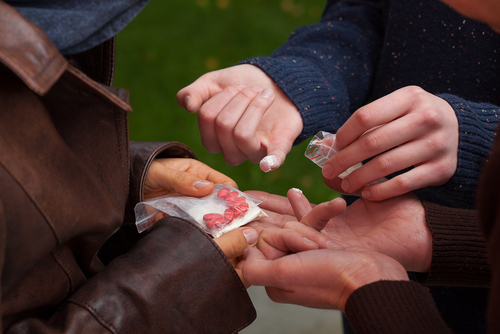
#4 “Life of the party”
Some teenagers might drink, smoke, or take prescription medications at a party or on their own and feel invincible. Suddenly, their goal becomes clear: to be the center of attention at a party. They might boast about how much they can smoke from a bong, how many shots they can down in a row, or how much cocaine they can consume.
#5 Keeping up with school and their peers
Several studies suggest that less than 20% of adults have undiagnosed ADHD, a neurodevelopmental disorder that likely developed in their early and late teens. While finishing their SATs or college admission tests, adolescents can struggle to focus or pay attention. Some teens without ADHD might struggle with the same thing. However, both groups might start testing out stimulants like Adderall or Ritalin to concentrate and might share them with friends dealing with the same issues.
#6 They want to feel validated and supported
Cannabis, alcohol, stimulants, and other drugs are mainly used by teens because they feel “good.” Some teens have toxic home lives with argumentative parents and siblings, and they’re not receiving the love, support, and validation they desperately need. Other teens might have experienced a traumatic event or are physically, verbally, or sexually abused and use substances to make the emotional pain and confusion disappear.
Read more: Is THC A Depressant? How It Affects Mental Health & More
#7 They’re misinformed
As we mentioned, the teenage years are filled with influence and exploration. If a teenager is hanging around someone who wants them to take molly, ketamine, or a line of cocaine with them, chances are they’ll try to convince them by embellishing lies and hiding truths. Drug dealers probably won’t inform their buyers of side effects, national addiction rates, or how much the U.S. government spends on drug control and treatment (35 billion).
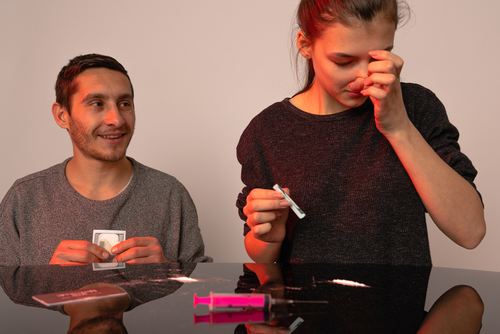
What You Can Teach Your Teen About Addiction
Here are four things you can talk to your teens about so they know more about drug abuse and addiction.
- Just because it’s legal doesn’t mean it’s safe. This applies to alcohol, nicotine, vaping, kava, kratom, and prescription medications.
- Show them the facts about addiction, including the side effects of specific drugs, withdrawal symptoms, and how other parts of their life can quickly fade away in favor of more drug use. This doesn’t mean you should scare teenagers with graphic images or stories. You should always maintain a compassionate and caring tone and message, whether your teen asks you about drugs or you’ve just caught them using drugs.
- Teach them how to deal with stress without turning to a substance. This can be challenging for many parents if they also turn to alcohol or illicit substances to relax or unwind. If you’re a parent and don’t know any effective coping skills, do your research and ask your teen if they’d like to try it together. This will bring you closer to them and show that you may not know everything but are always willing to learn and grow.
- Show them where they can access addiction and mental health resources. Sometimes, teenagers hesitate to talk with their parents about mental health challenges or drug use. Of course, it is up to the parents to show they can respond to questions and concerns without judgment, and they should never brush off their parental responsibilities. But giving them the numbers to hotlines, warmlines, links to therapy sites and helpful articles or books shows them you care and want them to have all the support they need, and it doesn’t need to come from only one source.
Adolescent Addiction Treatment In Louisville, KY
If you or a teenager you know is struggling with addiction or showing signs of drug abuse, contact Louisville Recovery Center. Our adolescent intensive outpatient program is the perfect place for teens aged 12-17 to unlearn unhealthy coping mechanisms. Teens will be surrounded by therapists, addiction specialists, and medical professionals who create the core of our treatment program.
One of our most specialized treatments is equine therapy, where teens learn how to interact, listen, and bond with horses. Don’t wait. Call today, and one of our admissions agents can answer questions and help your teen sign up.

